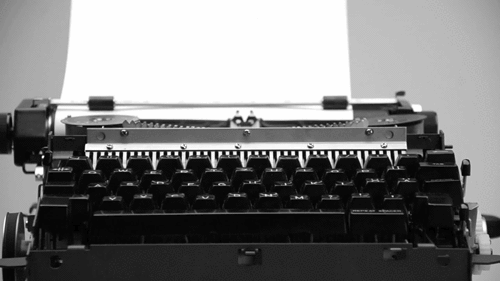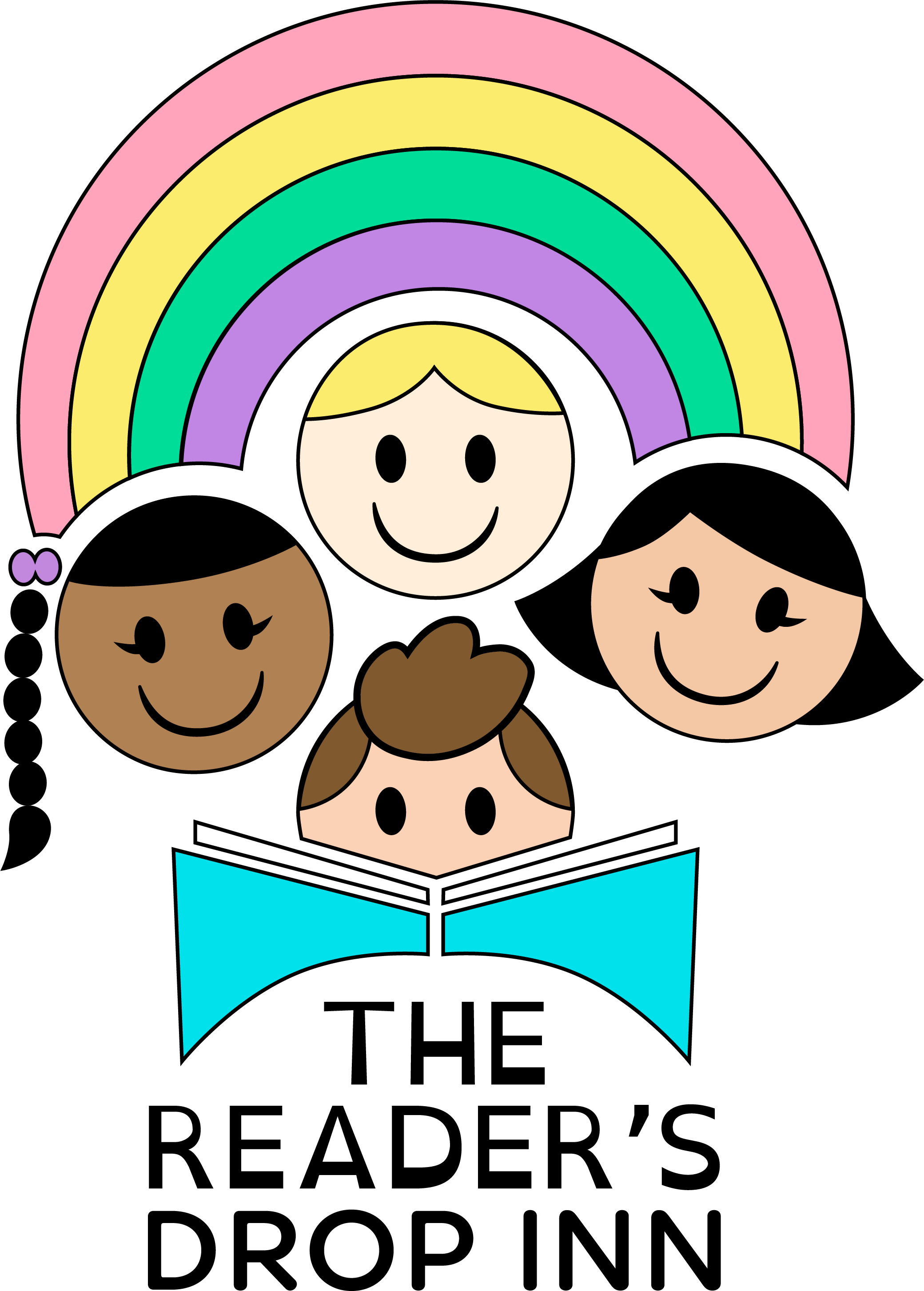A friend told me that her son was catching on to the fact that some vowels don't make their expected sounds and was confused. She started teaching him but had limited knowledge about the schwa. I get it.
When I first heard the term when my son was in second grade, I had to figure it out myself. But you don't have to waste hours researching because I'm giving you the answer without the fancy teacher talk right here on this blog today. Ready to learn? Let's go!
What is a schwa?
A schwa sound is a lazy vowel sound. When you feel lazy, do you feel like moving? No! As my son says, "You're so comfortable, you don't want to move." Think of a lazy vowel the same way.
Let's do an experiment. We want to find out which sounds make our mouth move more. First, place your hand under your chin and compare your mouth movements with the following sounds.
Compare long a and short u. Which moves more? Which is lazy? (Short u is lazy)
Compare short e and short u. Which moves more? Which is lazy? (Short u is lazy)
Compare short o and short u. Which moves more? Which is lazy? (Short u is lazy)
Compare long e and short i. Which moves more? Which is lazy? (Short i is lazy)
Compare long i and short i. Which moves more? Which is lazy? (Short i is lazy)
Can you tell what two sounds a lazy schwa sound makes?
A lazy schwa sound makes the short u or short i sound. Fun fact: a schwa is represented with an upside down e.
Why do vowels something say a lazy schwa sound?
I like to think of this in terms of music. (Maybe that's because I grew up musically inclined playing the piano, flute, oboe, and for about a year the violin.) Remember when we said that decodable books are like practicing scales before playing the concert piece? Music has beats that are stressed (louder) and beats that are not unstressed (quieter). Words in English are the same. Some syllables are stressed (louder) and some are unstressed (quieter). When we say a syllable louder, we open our mouth wider.
Let's do another experiment...Are your kids obsessed with Frozen?! Place your hand under your chin and say "frozen." When does your mouth drop the farthest? That's right, "fro!" That is the stressed syllable. In this word, the e in the second syllable is being lazy and making a schwa sound.
How can we use what we know about the schwa to help our kids read?
Last year, when I participated in a training from Really Great Reading, they used the phrase "flex the schwa." You see, the schwa is the most common phoneme (sound) in the English language. If your child's trying to read a new word but can't quite get it, try "flexing the schwa," using that short u or short i sound.
What is the most common schwa sound?
I also like to teach sounds by how often they occur. By teaching the most common to least common spelling patterns or sounds, we're giving our kids a leg up for spelling and reading. The most common schwa sound is that short u sound. I like to remember it because that's how I feel when I'm lazy.
Have questions I didn't answer? E-mail me at aoife@thereadersdropinn.com, and I'll get you those answers right away. Plus, don't forget to come to our Friday Facebook LIVE at 9:00 am PST for a Q & A about the schwa. Click here for our Facebook page.
Reference:
Denise, Eide. “Unit 4 .” Essentials Teacher’s Guide: Units 1 - 7 , Third ed., vol. 1, Logic of English, Inc, Rochester, MN, 2018, pp. 195–196.


